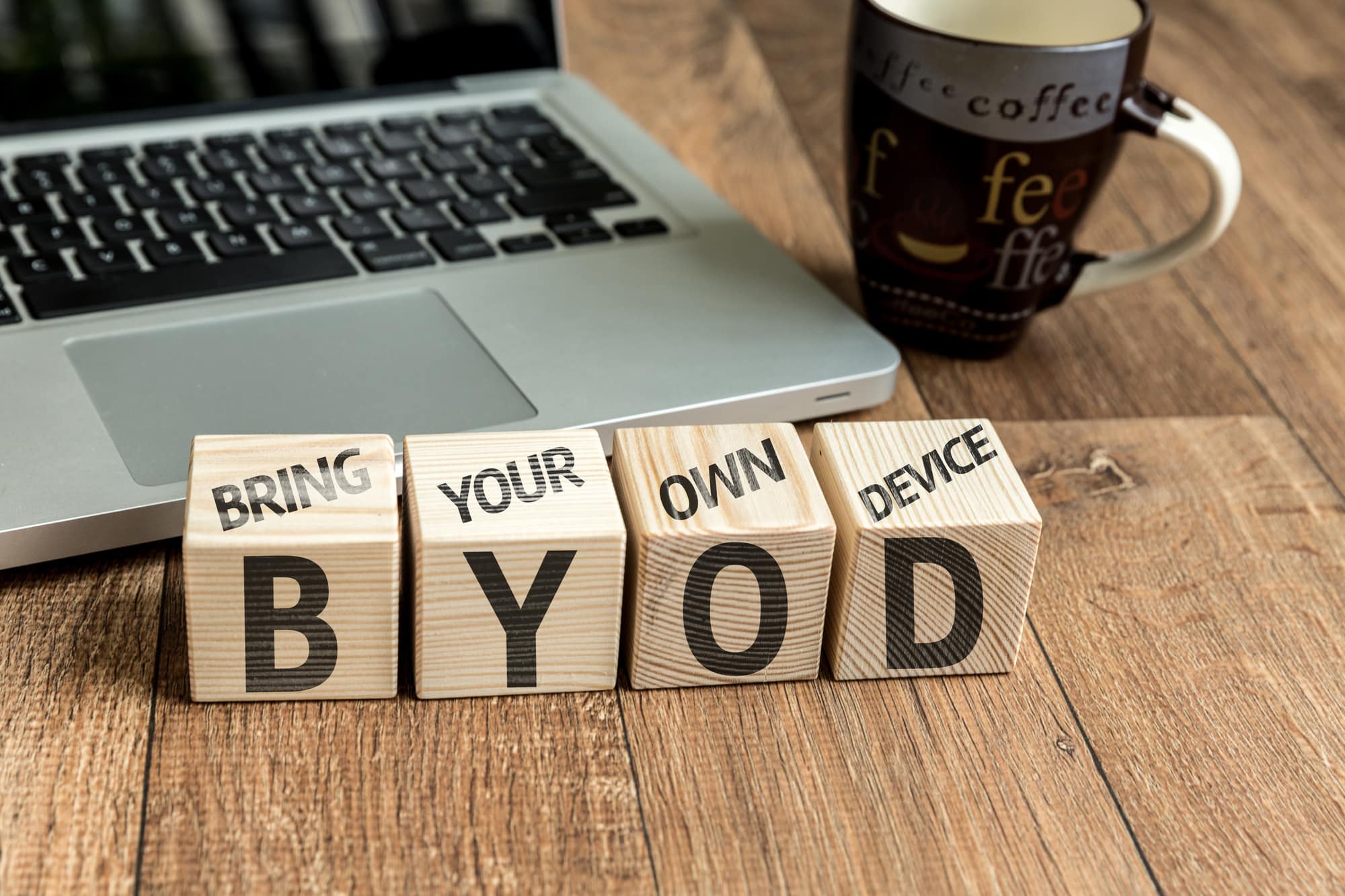Are you trying to decide whether or not your company should implement a bring your own device to work policy (also known as a BYOD)?
While a BYOD policy can be very beneficial for some workplaces, it’s not the best option for all workplaces. How do you know what’s right for your workplace?
Check out this guide to discover the pros and cons of a bring your own device policy.
BYOD: Pros
Here are some of the main benefits of a BYOD policy:
Lower Upfront Costs
One of the biggest benefits of a BYOD policy is that it translates to lower upfront costs for the employer. This is because when employees bring in their own devices, you don’t need to spend money providing a device for each of your employees.
Additionally, you don’t have to worry about paying data service fees.
Less Training Time
When employees are issued standard devices, they all need to be trained on how to use these devices. Not only does this take up a lot of time, but it also costs extra money.
If you allow employees to bring in their own devices, you don’t have to worry about this extra training.
Better Technology
Oftentimes, employees have devices that are of a higher standard than company-issued devices. Plus, employees are more likely to upgrade to the latest hardware on their personal devices.
This translates to devices that are sleeker, faster, and more capable.
Happier Employees
Most employees are happy to bring their own devices into the workplace. While it may cost them a little extra money, most employees prefer to work with a device that they’re familiar with.
BYOD: Cons
So, what are the downsides to a BYOD policy? Here’s what you need to know:
Security Concerns
Perhaps the biggest downside to a BYOD policy is that it can compromise your company’s security. With personal devices, IT professionals have a more difficult time monitoring hacking, viruses, and other cybersecurity issues.
Additionally, with personal devices, it can be tougher to enforce password requirements. It can also be harder to ensure that the device doesn’t get into the wrong hands.
Employees are also more likely to use their personal devices in riskier ways. For example, they’re more likely to connect their device to an open Wifi hotspot or leave their device unattended.
Distraction
If employees are bringing their personal devices into the workplace, they’re more likely to use their devices for personal reasons during the workday. From social media to messaging apps to games, there are all kinds of distractions on these personal devices.
And, as an employer, you won’t have any way to limit an employee’s access to these distractions on their personal devices.
Less Compatability
With company-issued devices, you can ensure that everyone has the same programs and software. With personal devices, you don’t have this kind of control. This can make collaboration and project sharing more difficult.
BYOD: Is it Worth It?
Now that you know the pros and cons of BYOD, it’s time to decide if it’s right for your company.
Whether you implement a BYOD policy or not, it’s important that you have the right IT support for the devices that you allow into the workplace. If you’re looking to outsource your IT support, contact us today.

